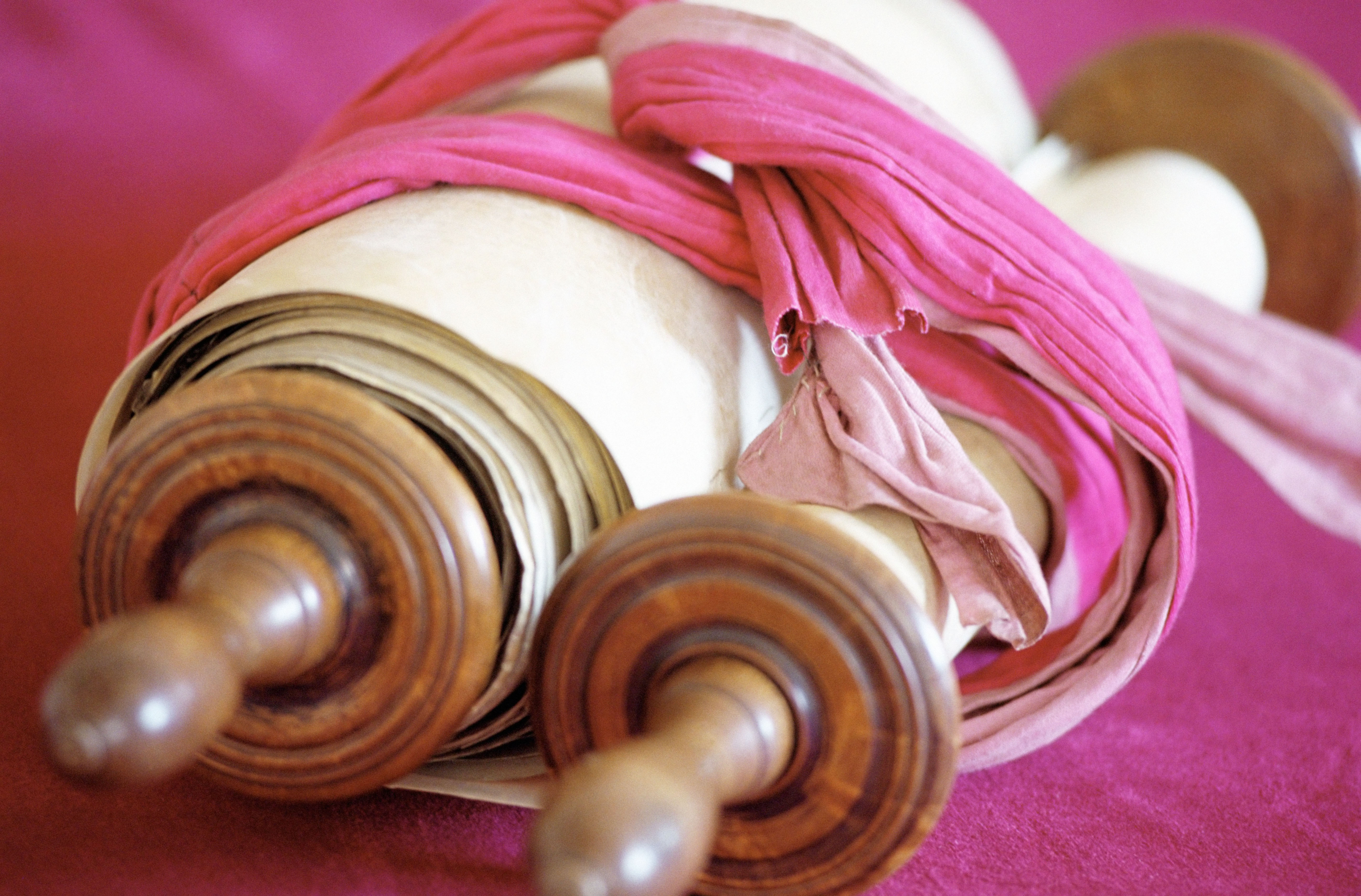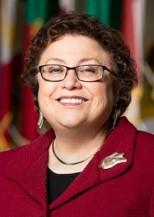
Do you ever skip to the end of a book? Maybe you just can’t stand the suspense, or perhaps you think you know how it will wrap up and want to confirm your deductive reasoning.
When reading Torah, sometimes when we skip to the end, we find unexpected things that were not part of the “main plot” in that week’s portion. It happened as I was skimming Parashah Vayigash … a familiar story … Joseph and his brothers are reconciled, Joseph and Jacob are reunited, Joseph deals with Egypt’s famine, Joseph settles his family in the best part of the land and provides them with food during the famine, and Joseph enslaves the Egyptian people. WAIT, WHAT??!!
Yep, that’s what it says in Gen 47:21 “And thus (Joseph) made serfs of the people from one end of the Egyptian border to the other.” Remember that grain Joseph had stockpiled during the seven years of plenty? He wasn’t just giving it away during the famine. He was selling it. First, he accepted silver, then livestock, then the land, and finally the people themselves. Desperate, they asked Joseph: “Buy us and our soil in exchange for food; we and our soil will be slaves to Pharaoh.” Ultimately, Joseph bought all the land in Egypt for Pharaoh except the land belonging to the priests. In exchange, he gave the people seed for sowing the land and explained that they would be able to keep 80% of the harvest but would be required to give the other fifth to Pharaoh in perpetuity. Seeing a solution to their hunger, the people celebrated: “You have given us life! May we find favor in my lord’s sight and be serfs to Pharaoh!”
Commentators have given Joseph credit for not fully enslaving the people even though they asked for this. Instead, he makes them permanent tenants or sharecroppers. Rabbi Alex Israel goes so far as to suggest that by making the Egyptians essentially employees of the state, Joseph is dealing brilliantly with the crisis, maintaining morale by ensuring people are “occupied with their work rather than sitting around aimlessly.” Joseph seeks to “preserve the dignity and well-being of the individual.” 1
I find this troubling. For starters, recall that Joseph simply gave food to his own family. Is it right for Joseph to take care of his family differently from how he treats the general populace? Shouldn’t he have provided food equally to all without requiring the people to become servants? Or is he truly a hero for coming up with a solution that the people seem to have welcomed in the moment, regardless of the long-term consequences? And consider this - did Joseph’s treatment of the Egyptians in this moment create a simmering resentment that somehow contributed to the later enslavement of Israel when Joseph was no longer remembered?
Does the short-term “end” of providing food justify the long-term “means” which creates a servant class?
Some modern scholars answer this with a resounding “no.” Rabbi Rachel Kahn-Troster, writing in 2009 for American Jewish World Service, explained that debt bondage, akin to the bonded labor approach Joseph creates, is the most prevalent form of slavery found today and can lead to generations of enslavement and poverty. She noted that “Debt bondage remains largely invisible to the average consumer, but we all benefit from it. Slave-produced goods are ubiquitous in American markets.” 2
How might Joseph’s selling of food during the famine relate to today’s societal realities? Rabbi Sonya Starr looks at this text in the context of the COVID-19 pandemic and wonders how history will evaluate our treatment of those who needed the most support. She asks, “Did we give them financial support so they could have shelter? Did we provide computers and internet access, so they could learn and work remotely? Did we provide health insurance and affordable vaccines for everyone around the world? Did we set up physical and mental health treatments for long-haulers and health care professionals with PTSD? Were we making money off others’ pain, or were we ready to remember what it says in Isaiah 58:6-7, ‘No, this is the fast I desire: To unlock fetters of wickedness, … To let the oppressed go free; …. It is to share your bread with the hungry … When you see the naked, to clothe him.’” 3
And, looking at the big picture, from Rabbi Danny Nevins writing in 2020: “what hurts my neighbors is my responsibility. If I ignore their distress, then it will come to claim me as well. From the enslavement of Egypt to the enslavement of Israel is just two quick steps. And as we have seen with the recent spate of anti-Semitic attacks, when we stand in solidarity with our neighbors in their distress, they return the favor, allowing us together to build a more stable and peaceful society together.” 4
Troubling though the end of Parashah Vayigash may be, I suggest some general takeaways:
- You may think you know the story, but the ending may surprise you – read all the way to the end.
- Today’s solution may be tomorrow’s problem – remember there may be unintended consequences to your decisions, so think about the long term.
- Be compassionate and assist others when you have the means to do so – and don’t necessarily expect anything immediately in return.
- Recognize that modern slavery exists – educate yourself and be part of the solution. The WRJ and RAC5 websites both provide information you can use as a starting point.
1 Vayigash - Joseph's Economics (alexisrael.org)
2 Vayigash - American Jewish World Service - AJWS
3 Parshat Vayigash: Looking at Egypt’s famine through the lens of COVID-19 - Baltimore Jewish Times
4 The Vicious Cycle of Slavery: VaYigash 5780 – Rabbi Danny Nevins (rabbinevins.com)
5 The RAC is the Religious Action Center of Reform Judaism. www.rac.org
Blair C. Marks is a past president of Women of Reform Judaism (WRJ.) She serves on the Union for Reform Judaism’s North American Board’s Oversight Committee and the board of WRJ - Temple Kol Emeth in Marietta, GA, and she is a past president of the Sisterhood of Kahal Kadosh Beth Elohim in Charleston, SC. She is excited about accompanying the first cohort of teens from her congregation to attend a RAC L’Taken Social Justice seminar in 2022!
Related Posts

Continuing to Educate and Empower People Together

My Challah-Making Experience


